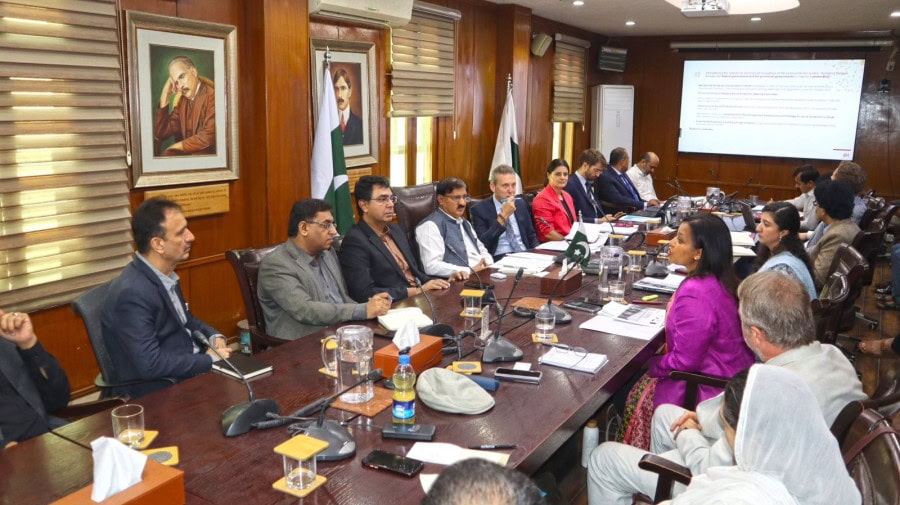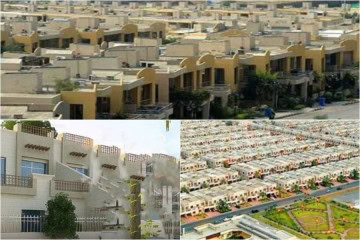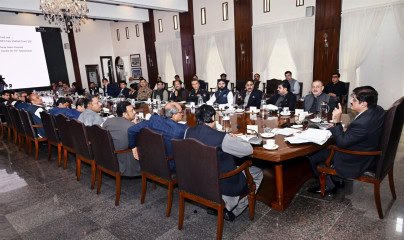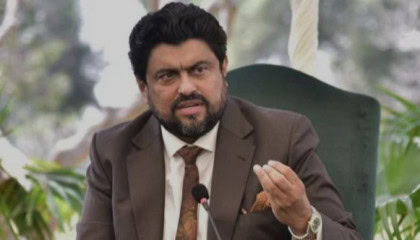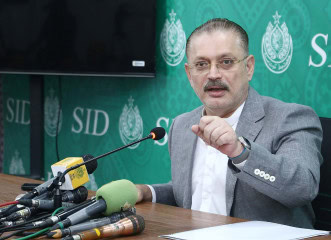The Social Protection Department of the Government of Sindh has launched the inaugural Steering Committee meeting for its Adaptive Social Protection (ASP) initiative, in partnership with the European Union (EU) and Germany’s Federal Ministry for Economic Cooperation and Development (BMZ).
Held at the Planning & Development Board in Karachi, the meeting marked a key step in reshaping Sindh’s approach to social welfare by aligning it with data-driven, climate-resilient strategies.
During the meeting, officials agreed on the urgent need for inter-agency data sharing to enable anticipatory action, particularly in preparing for climate shocks such as floods and droughts.
The committee approved pilot projects in five districts — Badin, Sanghar, Sujawal, Thatta, and Karachi — which will test innovative poverty alleviation models.
These pilot initiatives are expected to guide future large-scale implementations under the leadership of the Social Protection Department.
With technical support from GIZ Pakistan, acting on behalf of the EU and the German government, the ASP programme is designed to strengthen Sindh’s ability to implement inclusive, forward-looking, and climate-adaptive social protection policies.
The department’s goal is to ensure that its policies are responsive to people’s needs while contributing to long-term economic and social resilience.
Muzamil Hussain Halepoto, Secretary of the Social Protection Department, stressed the importance of setting clear objectives and developing a structured roadmap for implementation.
He also confirmed that a meeting is scheduled with German development bank KfW to discuss potential collaboration on a reproductive health and family planning initiative targeting informal workers in Karachi’s underserved areas.
Halepoto noted that historically, most social protection programmes have benefited land-owning agricultural workers.
Moving forward, he emphasized, the department must focus on extending support to landless workers — a group often overlooked despite facing some of the harshest vulnerabilities.
Chief Economist of the Planning and Development Board, Aslam Soomro, highlighted that incorporating adaptive social protection into Sindh’s broader development agenda is vital to managing poverty, disaster risk, and climate challenges.
He praised the Social Protection Department’s leadership in coordinating government-wide efforts to this end.
EU Head of Cooperation Jeroen Willems reaffirmed the European Union’s commitment to supporting adaptive social protection in Sindh.
He applauded the department’s vision and emphasized the importance of collaborative governance.
Wolfgang Hesse, Cluster Coordinator at GIZ Pakistan, commended the initiative, saying that linking social protection to climate resilience reflects Germany’s wider development strategy in Pakistan.
Johanna Knoess, who heads the ASP Programme at GIZ, outlined the department’s three major pilot interventions.
The first is aimed at registering and supporting 40,000 women working in agriculture with financial literacy and livelihood support.
The second, under the Mamta Plus programme, targets 250,000 pregnant and lactating women by equipping them with digital and financial literacy while encouraging matched savings.
The third pilot seeks to enable 10,000 informal urban workers in Karachi to access formal banking, savings options, and microfinance for small-scale businesses.
As the meeting concluded, the Social Protection Department and its development partners pledged to expand these interventions and build broader coordination under the Team Europe framework.
The department reiterated its commitment to making adaptive social protection a foundation for inclusive, sustainable, and innovative development in Sindh.

